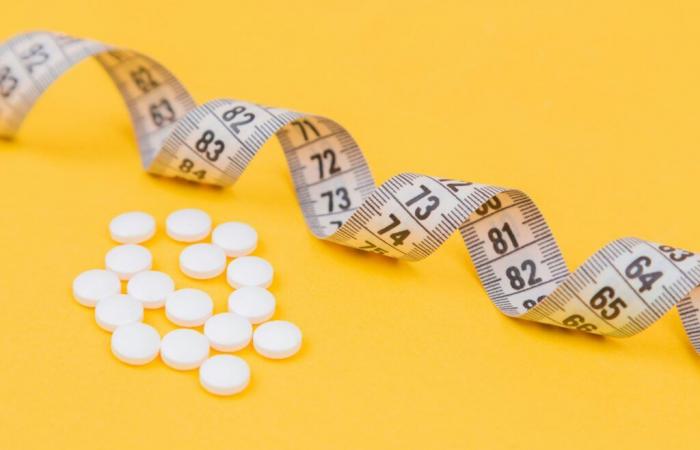Could three of the scientists who invented the anti-obesity drugs that have seemed to revolutionize the world of health in recent years be in the running for a Nobel Prize in medicine? In any case, they have just won one of the most prestigious prizes in medical research.
Awarded every year since 1946, the Albert Lasker Prizes reward researchers for their significant contribution — over the previous years or decades — to medical research: one prize for clinical research, the other for basic research.
This week, John Habener, Svetlana Mojsov and Lotte Bjerre Knudsen shared the award in the clinical research category for their contributions, at various levels, to drugs that mimic a gut hormone called GLP-1 (GLP-1). glucagon-like peptide-1).
- Hebener, an endocrinologist at Massachusetts General Hospital, was a pioneer in the discovery of GLP-1 in the 1980s.
- Around the same time, Mojsov, a biochemist at the same hospital, had identified the amino acid sequence that made GLP-1 active and would demonstrate its possible role in countering the development of diabetes.
- The problem, however, was that this hormone was absorbed too quickly by the blood. It was in this vein that the third winner, Knudsen, a scientist then employed by the Danish pharmaceutical company Novo Nordisk, would develop with her team a molecule imitating GLP-1, which would lead to the first of a series of drugs, which were imagined at the time to fight type 2 diabetes. The first would be approved by the American authorities in 2010.
With the announcement of the Lasker Prize last week came the inevitable speculation: since its inception, 86 Lasker winners have gone on to win a Nobel Prize. But the choice could be painful, as it was for the Lasker: each prize can only be awarded to a maximum of three people. But the road to these drugs involved many other scientists, some of whom have won other awards, such as Daniel Drucker of the University of Toronto and Jens Juul Holst of the University of Copenhagen.






